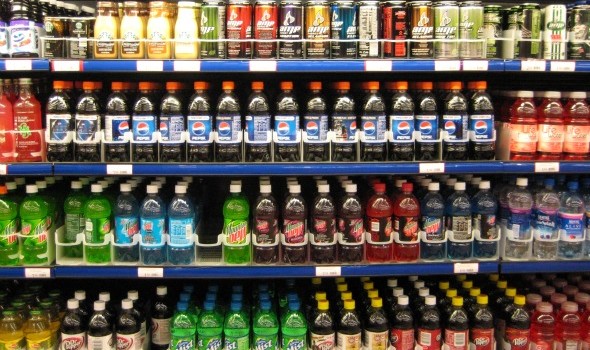Super-Sizing the Nanny State: Does Mayor Bloomberg Have a Point?

Consider the possibility that we might need a nanny state – at least in some areas. New York City Mayor Mike Bloomberg’s war on super-sized sugary drinks has raised the specter of socialism and nanny state control of our lives. But the mayor is responding to a reality in modern America – we’re too fat. Our weight impacts our health, which translates into high health care costs and lower productivity. Should we do nothing about an epidemic of overeating?
If we were facing another kind of medical epidemic – say, a serious outbreak of flu -- no one would think twice about emergency action, such as a rule that children infected with flu cannot attend school. In fact, in a serious medical emergency we would expect our civic leaders to do even more to protect us.
The motivation for this is fairly obvious. We want to short-circuit the medical emergency, thus preventing as many people as possible from infection. There is also an economic incentive – we don’t want to burden the health care system with costs that we will all eventually have to bear.
The only real question is whether obesity rises to the level of an epidemic that calls for civic action to protect people and the system. Clearly, you can’t catch a fat virus and second-hand fatness doesn’t exist (or, it has yet to be discovered). Yet, the public health problem is similar to smoking, a perfectly legal act that is strongly discouraged by the government.
It’s even more similar to typical state rules that limit the amount of alcohol you can purchase at one time, or that restrict buying liquor only from a state operated store. Liquor and cigarettes are legal to buy and consume, but regulations controlling these substances are not uncommon. Why? For the protection of the public good.
Since it is well known that cigarette smoke is harmful to people who breathe it in, rules about where you can smoke seem to be for the public’s well-being. Since drunkenness is a danger on our streets and highways, some control over the amount of alcohol that can be purchases all at once seems logical.
There are still some sections of states that will not allow consumption of “liquor-by-the-glass” at bars, but instead only approve bottle clubs. Bars are believed in those states to be havens of crime, hence the regulations against them.
Then, of course, there’s the whole matter of marijuana – a substance believed to be much less dangerous than alcohol. Possession of pot is a crime in most jurisdictions – a felony if the amount carried exceeds a stated limit.
We may not like some of these rules and regulations, but they exist and have passed tests of constitutionality in the courts. So why can’t the same be done with Big Gulp size sugary drinks? The only real difference is the perceived safety of soft drinks and the traditional hands-off approach to such consumables. With new evidence of the growing problems with obesity in the U.S. and the impact of refined sugar on the problem, it’s hardly surprising that an activist mayor would take this particular stand.
The fact is, we’ve been taking “nanny state” actions since the nation was founded as a means of protecting the well-being of citizens. Whether it has gone too far or not is in the eye of the beholder. To many people, what they are seeing right now, is a plethora of fat people all weighing down our public health system.




